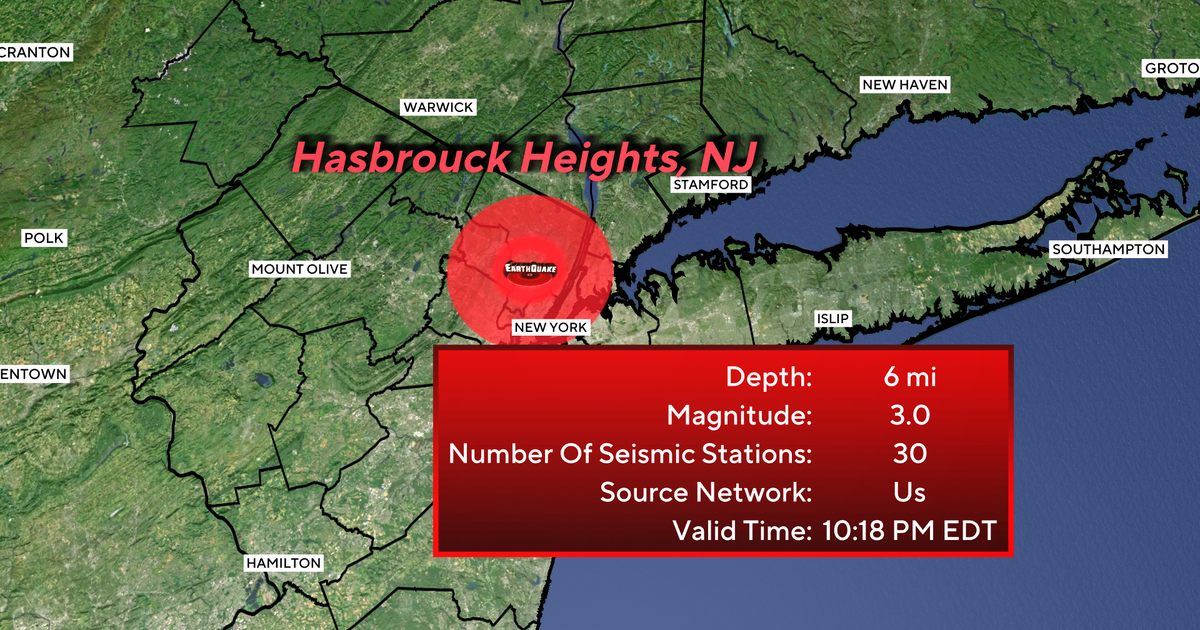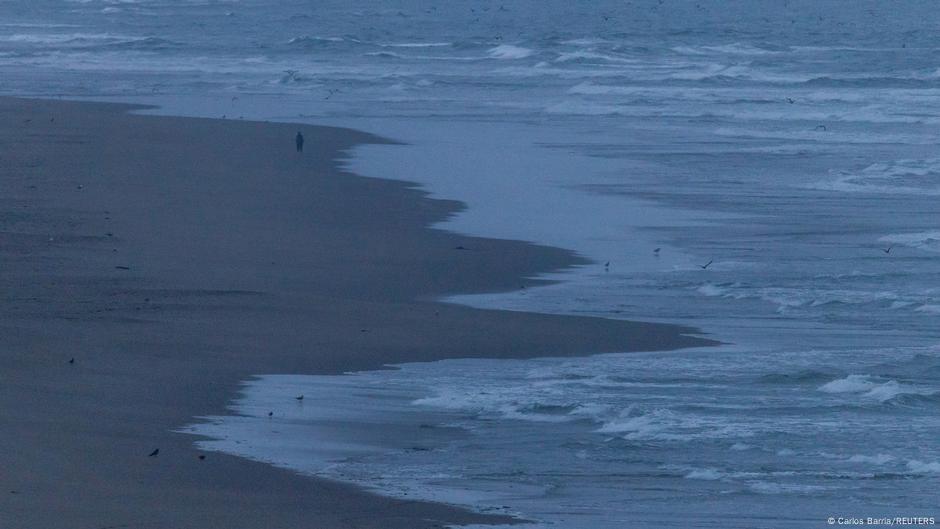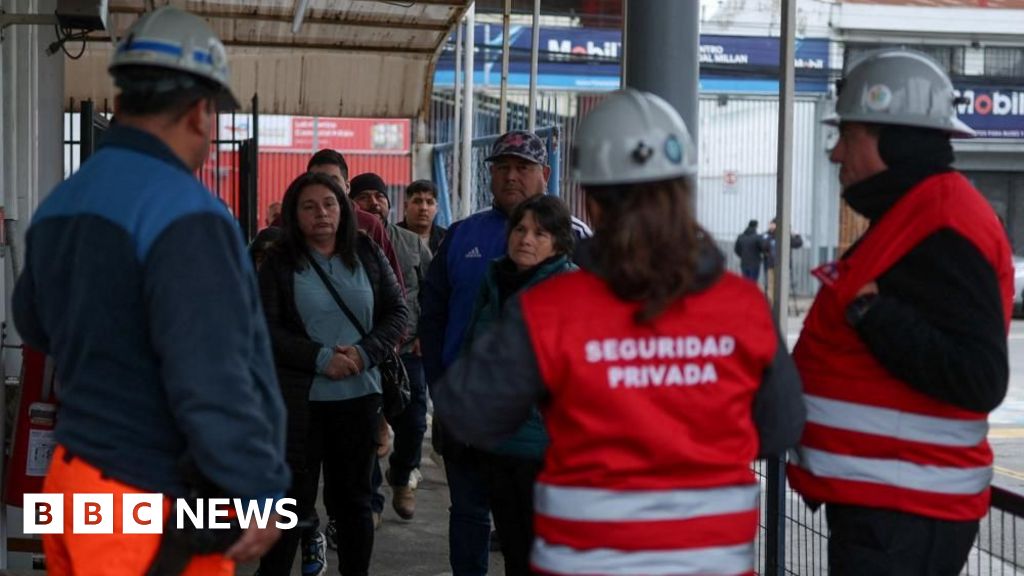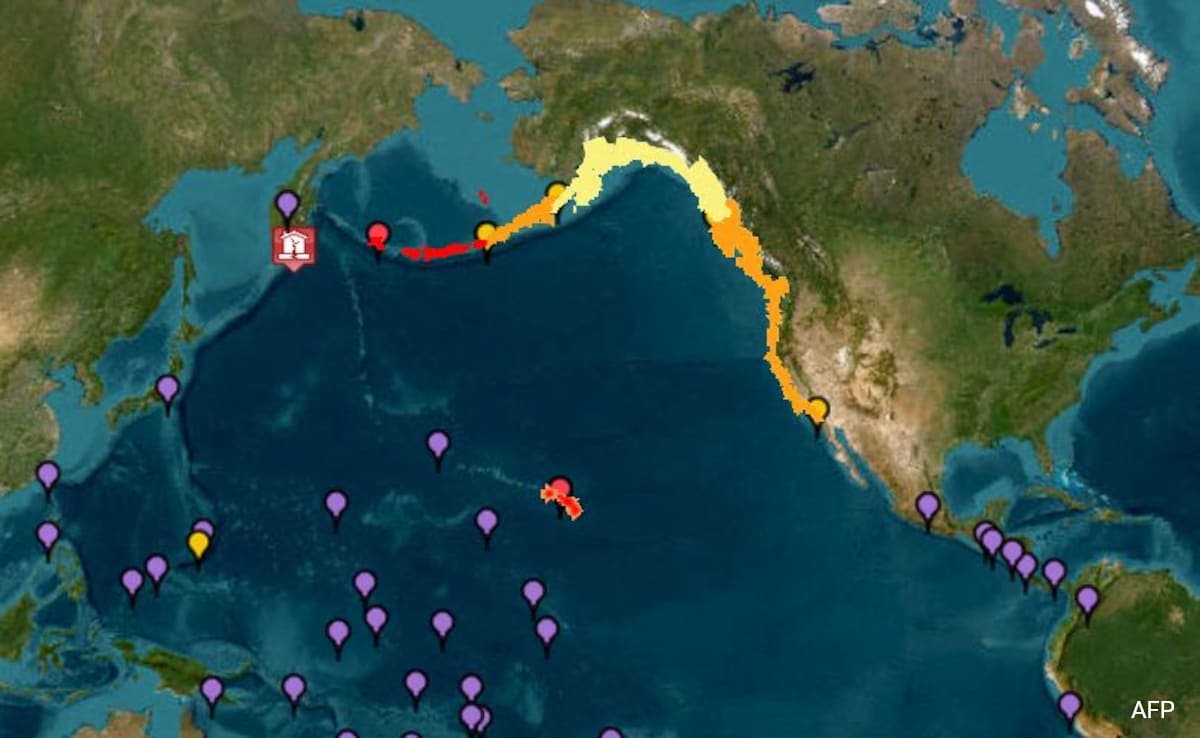Russian Volcano Erupts After Massive Earthquake

Introduction
Just days after a massive magnitude 8.8 earthquake shook the region, a Russian volcano has erupted, sending plumes of ash and smoke into the sky. According to NPR, the volcano may have already been on the brink of erupting, and the powerful quake may have been the final push it needed.
Volcanic Activity
The eruption of the Russian volcano is just the latest in a series of volcanic events that have occurred around the world. In 2019, the Kilauea volcano in Hawaii erupted, causing widespread destruction and evacuations. And just last year, the Taal volcano in the Philippines erupted, displacing thousands of people and causing severe air pollution. These events serve as a reminder of the unpredictable and powerful forces of nature that can have significant impacts on our lives.
The Connection to Earthquakes
There is a strong link between volcanic activity and earthquakes. As tectonic plates shift and collide, they can create pressure and stress on the Earth's crust, which can trigger both volcanic eruptions and earthquakes. This is why regions with high levels of seismic activity, such as the "Ring of Fire" in the Pacific, also tend to have a high number of active volcanoes. The recent earthquake in Russia likely played a role in the eruption of the volcano, highlighting the complex and interconnected nature of our planet.
National Public Radio (NPR) is a premier American public broadcasting organization headquartered in Washington, D.C., with NPR West based in Culver City, California. It functions primarily as a national syndicator, distributing content to a network of over 1,000 public radio stations across the United States, most of which are owned by non-profit entities such as public school districts, colleges, and universities[1].
Founded in 1970, NPR operates independently of government or corporate control, relying financially on dues and fees from member stations, corporate underwriting, and grants from the publicly funded Corporation for Public Broadcasting. This financial model helps maintain its editorial independence and diverse programming[1].
NPR is best known for its flagship news programs, *Morning Edition* and *All Things Considered*, which are among the most popular drive-time radio shows nationally, attracting weekly audiences of approximately 15 million each. These programs exemplify NPR’s strong reputation for in-depth, factual, and engaging news coverage, appealing to listeners interested in business, technology, and broader cultural topics[1].
Beyond radio, NPR manages the Public Radio Satellite System, which distributes not only its own programming but also content from independent producers and networks like American Public Media and Public Radio Exchange (PRX). It also serves as a primary entry point for the Emergency Alert System. NPR content is widely accessible on demand via online streaming, mobile apps, and podcasts, reflecting its strategic adaptation to digital media trends and the growing podcast market[1][2].
Notable aspects of NPR include its commitment to innovation in public media and its collaboration with leading organizations to navigate challenges such as historic federal funding cuts. NPR’s role in shaping public discourse through trusted journalism and storytelling makes it a vital institution in the U.S. media landscape, especially for audiences focused on business and technology news[1][2]. Discover related stories and their connections to this article Explore connected events with detailed insights and relationships Key entities mentioned across connected events Discover patterns and trends across related storiesAbout the Organizations Mentioned
NPR
🔗 Connected Events Overview
📊 Quick Insights
📅 Connected Events Timeline
👥 People Involved in Connected Events
🏢 Organizations & Products
🏢 Organizations
🛍️ Products
💡 Connected Events Insights
🔥 Trending Topics













